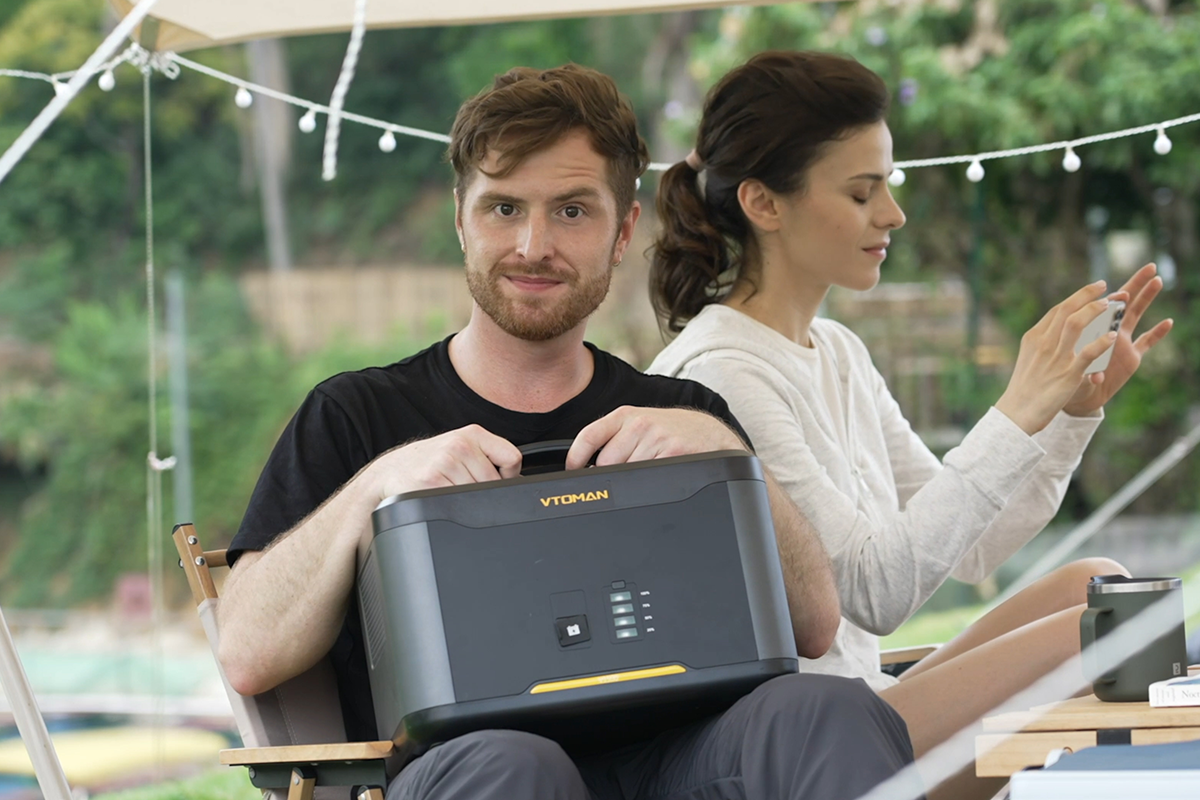Understanding the Basics: How Do Solar Generators Actually Work?
Body
When it comes to renewable energy sources, solar power is one of the most popular and widely used options. Solar generators have gained significant attention in recent years due to their ability to harness the sun's energy and convert it into electricity. In this article, we will delve into the inner workings of solar generators and explore how they actually work.

Harvesting the Power of the Sun
Understanding the basics of how solar generators work starts with comprehending the process of harvesting the power of the sun. Solar panels, also known as photovoltaic (PV) panels, are the key component of a solar generator. These panels consist of multiple solar cells that are made up of semiconductor materials, typically silicon.
When sunlight hits the solar panels, the photons in the light excite the electrons in the semiconductor material, causing them to move. This movement of electrons creates an electric current, which is then captured and harnessed as usable electricity.
Converting DC to AC Power
Once the solar panels have generated DC (direct current) electricity, it needs to be converted into AC (alternating current) power, which is the type of electricity used in most homes and businesses. This conversion is achieved through an inverter, which is an essential component of a solar generator.
The inverter takes the DC electricity produced by the solar panels and converts it into AC electricity that can be used to power various appliances and devices. It ensures that the electricity generated by the solar panels is compatible with the electrical grid and can be seamlessly integrated into the existing power supply.
Storing Excess Energy
One of the advantages of solar generators is their ability to store excess energy for later use. This is particularly useful during periods of low sunlight or at night when the solar panels are not actively generating electricity. To store the excess energy, solar generators are equipped with batteries.
The batteries in a solar generator serve as a reservoir for the surplus electricity. They store the energy generated by the solar panels during peak sunlight hours and release it when needed. This allows for a continuous and uninterrupted power supply, even when the sun is not shining.
Understanding the Benefits
Now that we have explored the inner workings of solar generators, let's take a moment to understand the benefits they offer. Solar generators are a clean and renewable source of energy, which means they have a minimal impact on the environment. They do not produce harmful emissions or contribute to climate change, making them an eco-friendly alternative to traditional fossil fuel-based generators.
Additionally, solar generators provide a reliable and independent source of power. They can be used in remote areas where access to the electrical grid is limited or unreliable. Solar generators also offer long-term cost savings, as they reduce or eliminate the need to rely on expensive utility electricity.
In conclusion, solar generators are an innovative solution for harnessing the power of the sun and converting it into usable electricity. By understanding the basics of how solar generators work, we can appreciate their benefits and potential for a sustainable future.










Comments